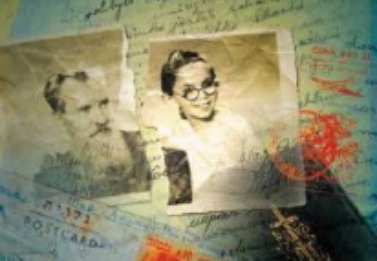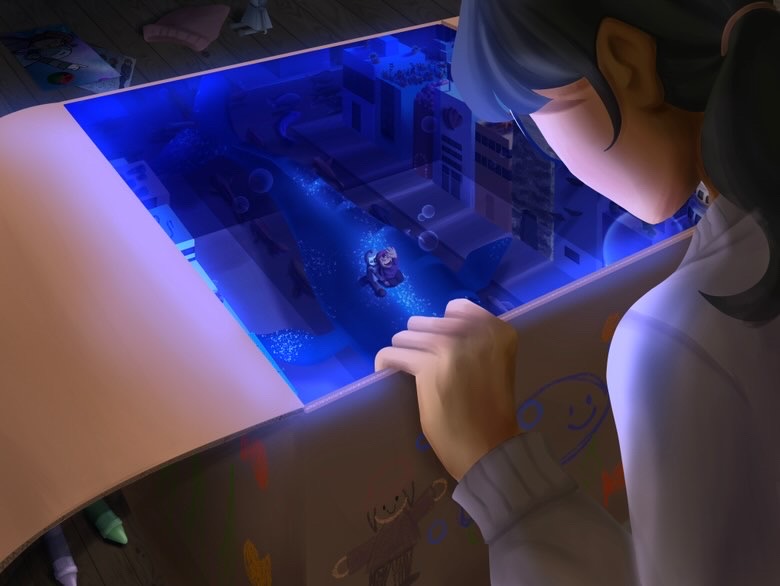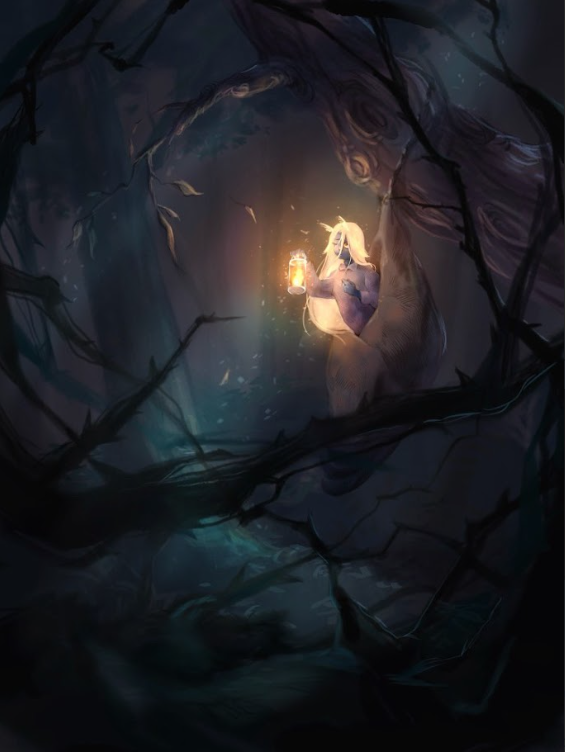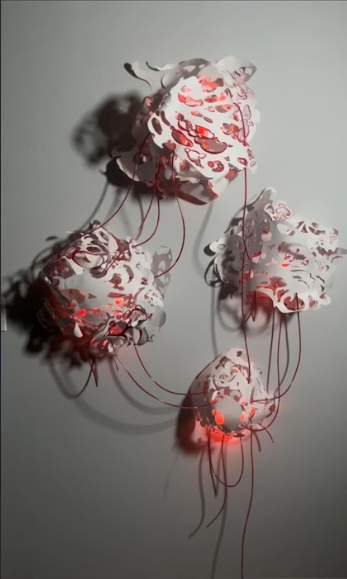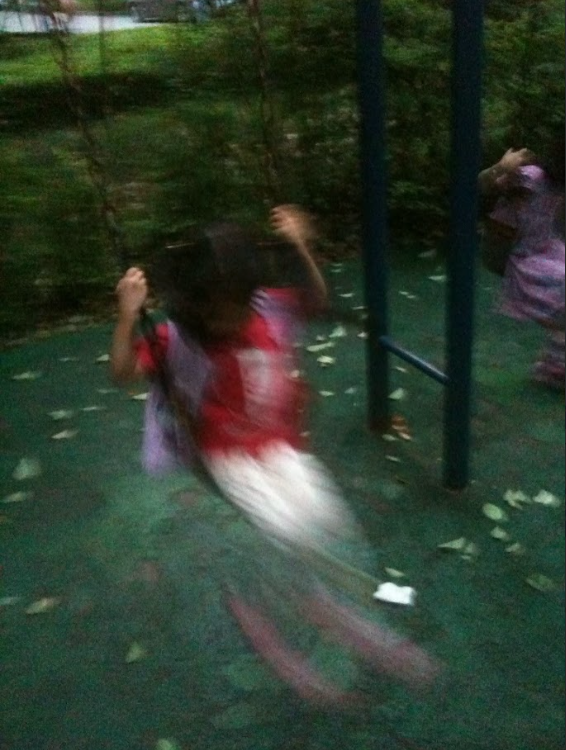 Sara Avinun’s personal thoughts on Holocaust shed light on dark time
Sara Avinun’s personal thoughts on Holocaust shed light on dark time
I read what everyone else reads when they first pickup a book—not the first page, but the back cover. It told me the story of Sara Avinun. When she was three, World War II began, shattering her family. In order to keep her safe, her family sent her to live with a Ukranian woman who tried to kill her. Eventually she found her way to Jan and Julia Pilch, her adoptive Roman-Catholic Polish parents. In 2005, she wrote a book to share her story.
 With her story revealed on the back, I thought there was no way that the 287 pages was going to shed anymore light on her story. But they did.
With her story revealed on the back, I thought there was no way that the 287 pages was going to shed anymore light on her story. But they did.
Instead of finding a dry, impersonal tale of a child of the Holocaust similar to the book’s back cover, I found emotion. There were dreams, passion, sorrow, and suffering. The story itself consists of a series of flashbacks to Avinun’s life during and after Holocaust that contrasts with her life in Israel, and neither are sugar-coated with dainty language.
The majority of the novel is Avinun’s thought process. There are the tangents—seemingly unrelated passages about pruning grape vines that Avinun manages to tie in. There are ellipses and rhetorical questions—spanning pages; they not only reveal Avinun’s identity crisis, but they parallel that of every other teenager. And there are letters between Avinun and Julia—heartfelt correspondence written after Avinun had been forced to move with her biological family to Israel. You can hear a voice wavering while you read. Some parts of the novel are too difficult to read—the thoughts are so personal that reading them is like an invasion of privacy.
At one point in the novel, Avinun discusses the “Basement Night.” While wandering the streets, she was taken into a cold, dark basement by an older man and was sexually abused. Ever since, she considered the bad things that happened to her consequences of that night. It’s the same story all of us go through everyday, although not as extreme—karma must be what caused us to fail a test or our grandfather to pass away.
After reading, I looked at the back again. The bare bones of her story are no longer enough because there is so much in her life to be elaborated on. Her catharsis is valuable—so, don’t judge this book by the back of it’s cover.
{cc-by-nc-sa}
















